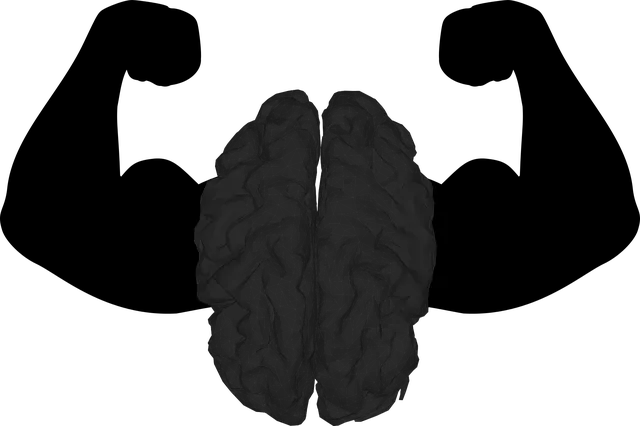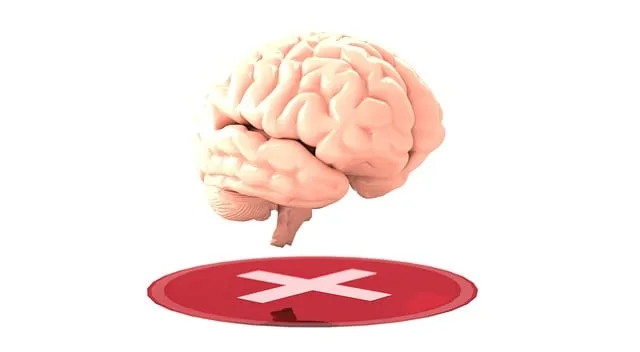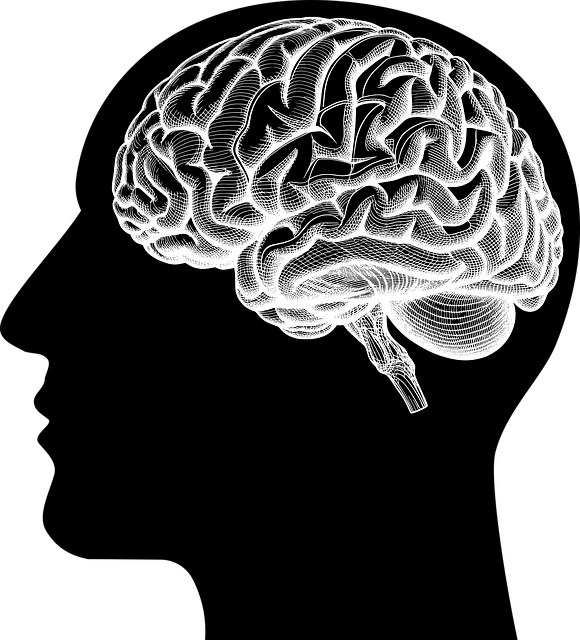Kaiser Permanente's training programs in Broomfield prioritize cultural sensitivity as a cornerstone of effective mental healthcare, addressing diverse patient needs. Through comprehensive education on varied cultural backgrounds and beliefs, practitioners build trust, adapt their practices, and offer personalized support. This approach ensures culturally responsive self-care routines, promotes emotional healing processes specific to communities, and fosters an inclusive environment for both patients and providers. The focus extends to measuring program effectiveness through data-driven improvements, refining skills in emotional regulation and empathy across diverse cultural contexts.
Cultural sensitivity is paramount in modern mental healthcare, ensuring equitable access to quality services for all. This article explores the nuances of cultural diversity within mental health contexts and highlights the pivotal role of training programs like those offered by Kaiser Permanente in Broomfield. We delve into effective strategies, including key components and measurement techniques, to evaluate the impact of these initiatives on improving patient outcomes and fostering inclusive healthcare environments.
- Understanding Cultural Diversity in Mental Healthcare
- The Importance of Cultural Sensitivity Training
- Kaiser Permanente's Approach to Broomfield Community Needs
- Key Components of Effective Cultural Competency Programs
- Measuring Success: Evaluating the Impact of Cultural Sensitivity Training
Understanding Cultural Diversity in Mental Healthcare

In today’s diverse society, mental healthcare professionals must embrace cultural sensitivity to ensure effective treatment for all patients. The Kaiser Permanente training programs in Broomfield emphasize the importance of understanding and appreciating different cultural backgrounds and beliefs. This is crucial when navigating the unique emotional healing processes that vary across communities. By recognizing and respecting these differences, healthcare providers can foster a safe and supportive environment, encouraging open communication and building trust.
Cultural sensitivity involves not just knowledge but also empathy-building strategies. Mental health practitioners are trained to go beyond surface-level awareness by actively listening, observing, and learning from their patients’ experiences. This approach allows them to adapt their practices, incorporating positive thinking techniques that resonate with individuals from diverse cultural settings. Through these comprehensive training programs, healthcare professionals in Broomfield are equipped to provide personalized care, ensuring every patient receives the support they need while respecting their cultural identity.
The Importance of Cultural Sensitivity Training

Cultural sensitivity training is an indispensable component of mental healthcare practice, especially within institutions like Kaiser Permanente training programs in Broomfield. In a diverse society, it ensures that healthcare providers can offer tailored, effective support to individuals from various cultural backgrounds. This type of training equips professionals with the knowledge and skills to navigate cultural nuances, understand unconscious biases, and respect individual beliefs and practices.
By incorporating cultural sensitivity into mental healthcare, we move beyond a one-size-fits-all approach. It enables practitioners to create a safe, inclusive environment for clients, fostering trust and encouraging open communication. This is particularly vital when addressing sensitive topics related to mental health, where cultural context can significantly influence an individual’s experience and expression of distress. Moreover, it promotes the development of self-care routines and mindfulness practices (like meditation) that are culturally responsive, enhancing overall well-being.
Kaiser Permanente's Approach to Broomfield Community Needs

Kaiser Permanente, a leading healthcare organization, recognizes the importance of addressing community-specific needs, particularly in diverse regions like Broomfield. Their approach to mental healthcare reflects this commitment through tailored training programs designed to enhance cultural sensitivity among healthcare providers. These initiatives focus on empowering practitioners with the knowledge and skills to offer effective, culturally competent care.
By prioritizing self-care practices as a foundational element of their strategy, Kaiser Permanente encourages staff to develop robust self-care routines for better mental health. This holistic perspective extends to advocacy efforts, where they actively involve themselves in mental health policy analysis and advocacy, ensuring that services align with the unique cultural landscapes of diverse communities. Through these comprehensive training programs, Kaiser Permanente aims to create a supportive environment where both patients and healthcare providers can thrive.
Key Components of Effective Cultural Competency Programs

Effective cultural competency programs in mental healthcare, such as those offered by Kaiser Permanente training in Broomfield, are multifaceted and essential for creating inclusive environments. Key components include comprehensive education that goes beyond basic cultural awareness. These programs should equip professionals with the skills to navigate diverse patient backgrounds, incorporating Compassion Cultivation Practices to foster understanding and empathy. By learning about different cultural beliefs, values, and practices related to mental health, practitioners can offer tailored support.
Furthermore, these initiatives must emphasize the importance of Self-Esteem Improvement and Emotional Well-being Promotion Techniques. This involves adapting therapeutic approaches to resonate with various cultural contexts, ensuring that interventions are not only culturally sensitive but also effective in addressing unique psychological challenges within different communities.
Measuring Success: Evaluating the Impact of Cultural Sensitivity Training

Measuring success in cultural sensitivity training is a crucial step to ensure the effectiveness of programs like those offered by Kaiser Permanente Broomfield. These training programs aim to equip mental healthcare professionals with essential skills, such as emotional regulation and empathy building strategies, to navigate diverse cultural contexts sensitively and competently. Evaluating their impact involves assessing both immediate outcomes and long-term effects on patient care and satisfaction.
The development of mental wellness coaching programs can benefit significantly from these evaluations. By gauging improvements in healthcare providers’ cultural sensitivity, organizations like Kaiser Permanente can refine their training curricula, ensuring they meet the evolving needs of a diverse client population. This continuous improvement approach not only enhances the quality of care but also fosters a more inclusive and effective mental healthcare environment.
Mental healthcare practices that prioritize cultural sensitivity, as demonstrated by Kaiser Permanente’s initiatives in Broomfield, significantly enhance patient outcomes. By understanding cultural diversity and implementing comprehensive training programs, professionals can provide more effective care tailored to individual needs. Effective cultural competency programs, measured through impactful evaluations, ensure diverse communities receive respectful and competent services, fostering improved mental well-being.






